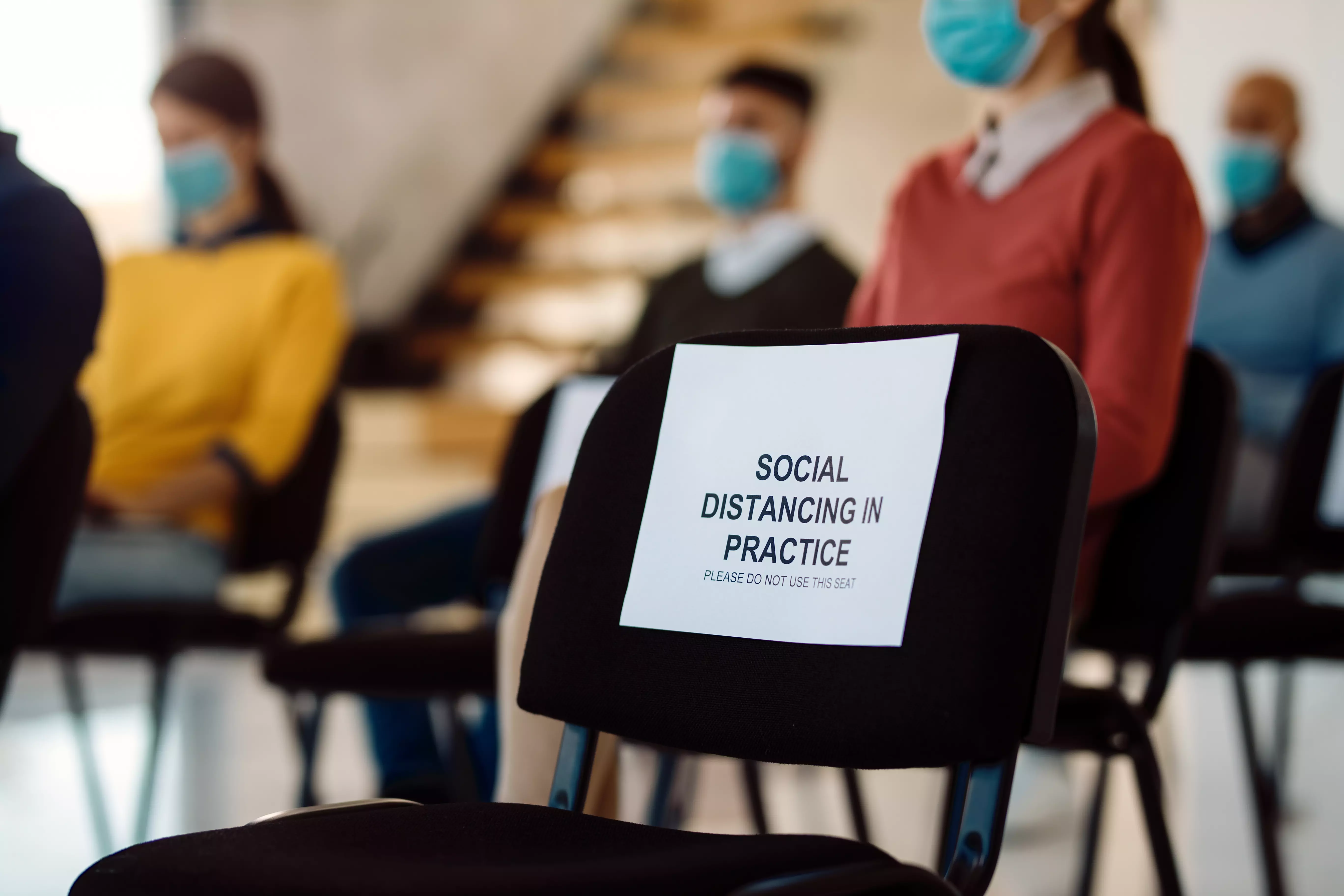Social interventions in the fight against COVID-19
Introduction to social interventions in the face of COVID-19
Social interventions have become a key tool in the fight against the COVID-19 pandemic. Governments, nonprofit organizations and local communities have introduced a variety of initiatives to mitigate the impact of the virus on people's lives. In the face of a health and social crisis, these actions revealed the strength and solidarity of the community.
Types of social interventions
Social interventions can be divided into several categories, each with its own goals and methods of action. Among the most important are:
Psychological support for those affected by the pandemic.Assistance programs for people who have lost their jobs or income.Health initiatives to promote immunization and health education.Psychological support
Many people struggled with mental problems during the pandemic, so psychological support became essential. NGOs and volunteers created programs offering online consultations and support hotlines.
These interventions aimed not only to alleviate the stress of isolation, but also to provide tools for coping with anxiety and uncertainty. The increase in online activity by psychologists and therapists has demonstrated the importance of understanding people's needs during such a difficult time.

Assistance programs
The COVID-19 pandemic had a huge impact on the economies of many countries, leading to massive job and income losses. In response, governments and nonprofit organizations have introduced various aid programs to support those most affected.
Financial programs were launched in many countries, enabling people to weather the crisis. Support ranged from unemployment benefits to rent subsidies. Thanks to these interventions, many people were able to maintain their basic necessities of life.
Health initiatives
The increased focus on public health and health education was another important aspect of social interventions. Governments and health organizations around the world conducted information campaigns on vaccinations and health measures.
Promoting immunization has become a priority to reduce the number of illnesses and speed up the return to normalcy. Many volunteers organized to help provide information and facilitate access to vaccination centers for hard-to-reach populations. These activities confirmed the importance of uniting forces in difficult times.
Challenges of social interventions
While social interventions were necessary, they were not without challenges. One of the biggest problems was reaching all those in need. Many people did not have access to technology, making it impossible for them to take advantage of the services offered.
It was therefore important to tailor forms of support to the needs of local communities. It became crucial to increase the availability of services and implement solutions based on trust and communication between different social groups.
Examples of successful social interventions
Some social initiatives have yielded particularly positive results. In cities such as Berlin, New York and Warsaw, local support groups were established to mobilize residents to help the elderly and sick. These efforts not only improved access to help, but also strengthened local social ties.
Examples of success can also be found in cooperation programs between NGOs and public administrations, which have united forces to respond more quickly to people's needs.
The future of post-pandemic community interventions
After the pandemic ends, communities will need to consider how to build on the lessons learned during COVID-19. Social interventions should not be forgotten; their development and adaptation to new situations are crucial for the future. Strengthening social ties and cooperation between different groups can contribute to better coping with future crises.
All these activities show how important social support is not only in times of crisis, but also in everyday life. Only through mutual aid and solidarity can we build a healthier and more resilient society.
Summary
The social interventions during COVID-19 demonstrated the great role of solidarity in the community. Through a variety of programs and initiatives, many people received the help and support they needed during these difficult times. In the face of future challenges, it is important not only to preserve these achievements, but also to build on them for a better tomorrow.

Add comment